I was in the library yesterday and glanced over at the noticeboard. An ad for a book club popped up and a forlorn flush came over me. Like, this is missing in my life. So much of the modern age is spent in solitude, if not physically then in our own thoughts.
For most of us, reading this way is a necessity but what if gathering around the things we like could help us enjoy them more? Who even has the energy to unpack why they like something these days? One-line judgments at best. How about more time to appreciate the things we love together, ideally in person?
That's what new Balham-based bookshop Backstory promises and you can begin to feel part of the club by picking up their first magazine. I read it last night – wholesome and very satisfying. Its A5 dimensions feel great in the hand and the editor in me is loving the playful approach to the stories. There's a languid ease to it all. Novelists feature a lot but in book-adjacent and unexpected ways.
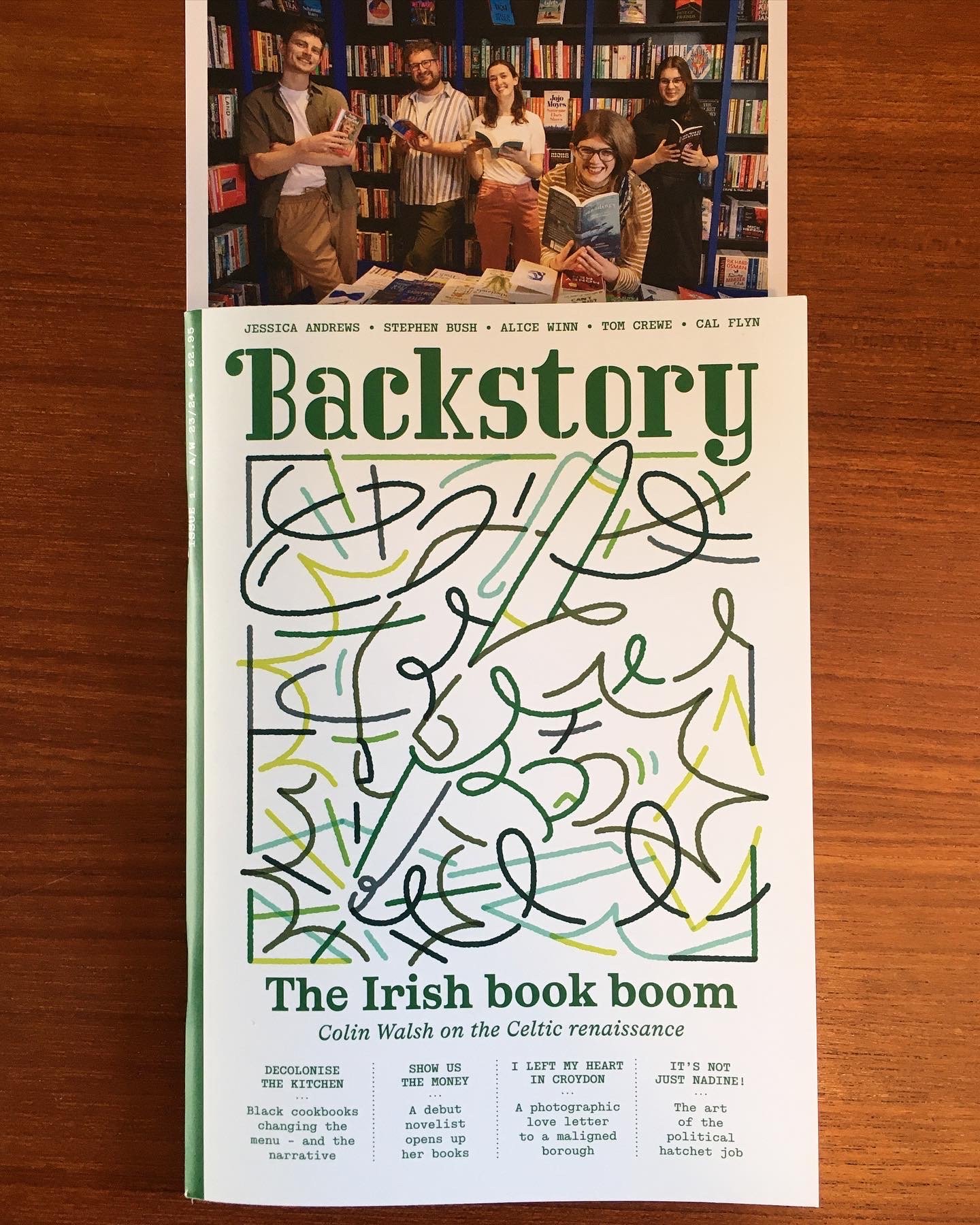
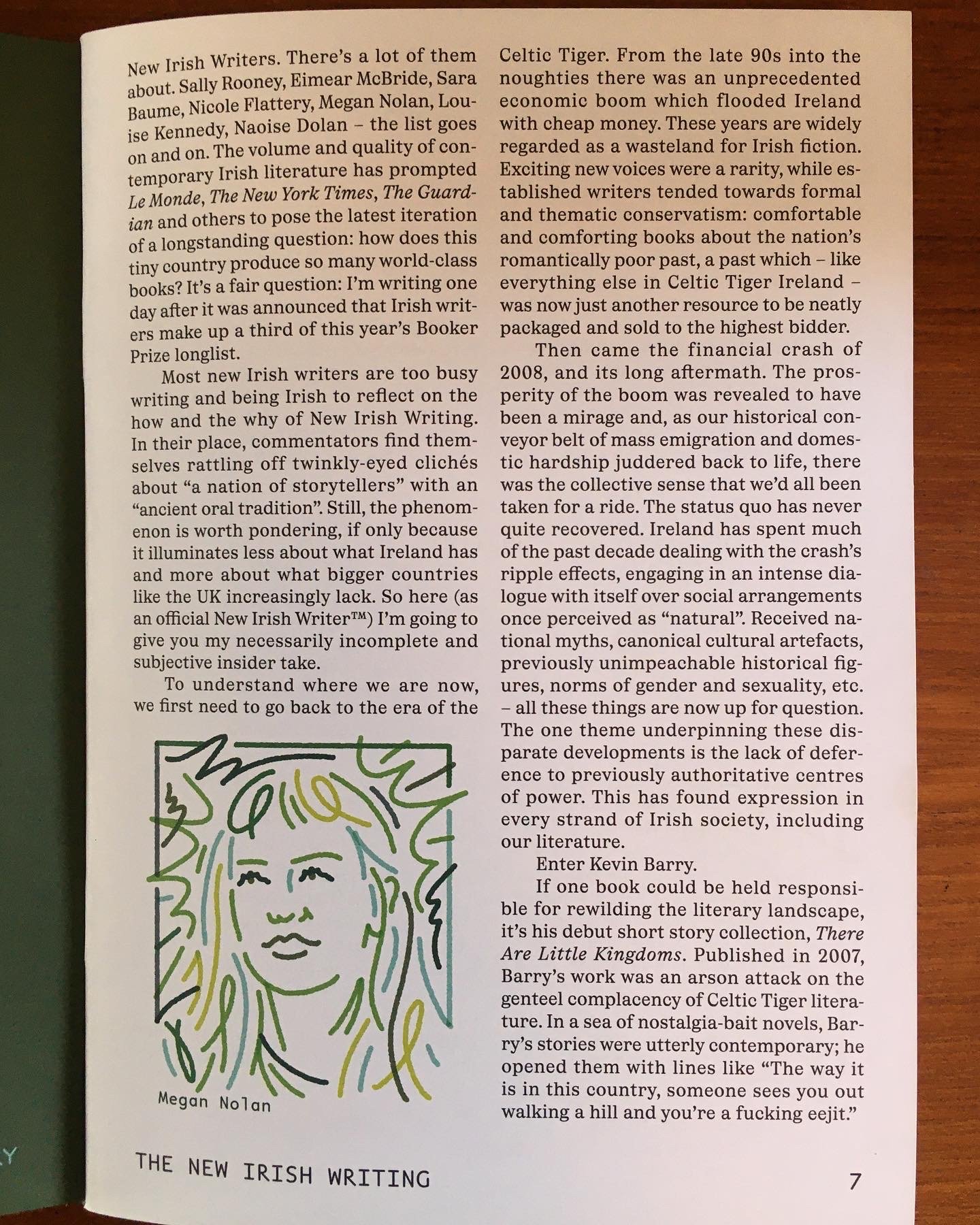
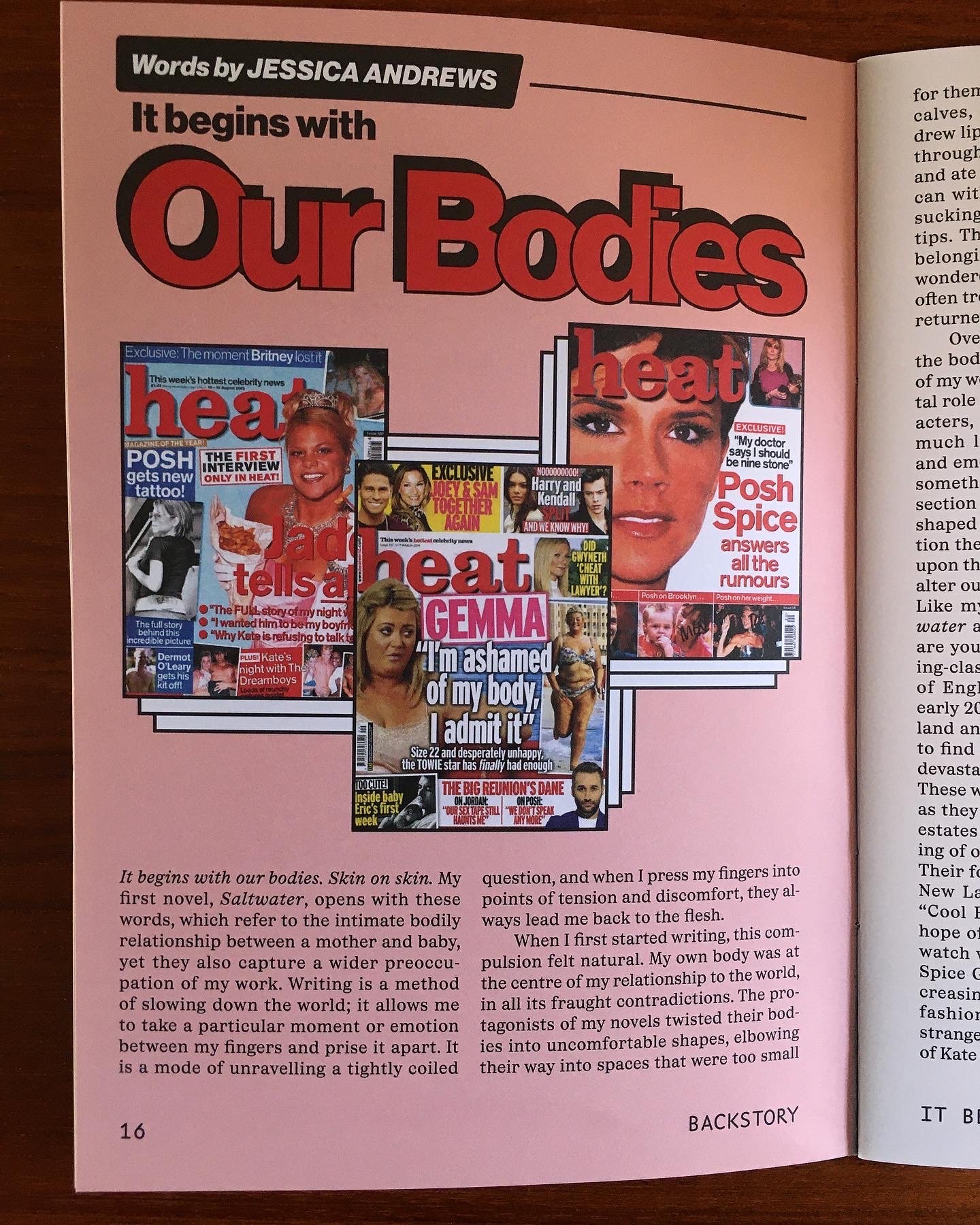
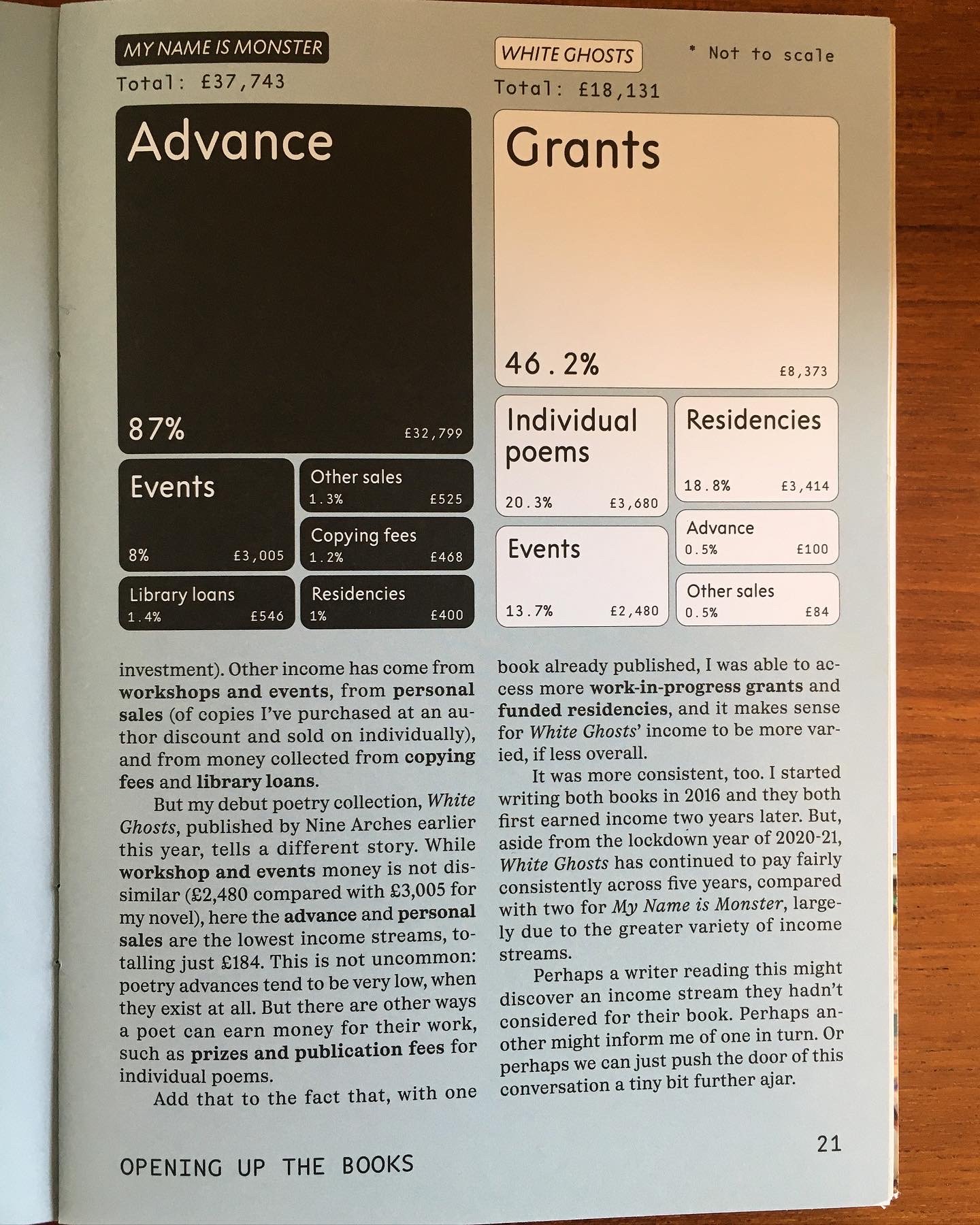
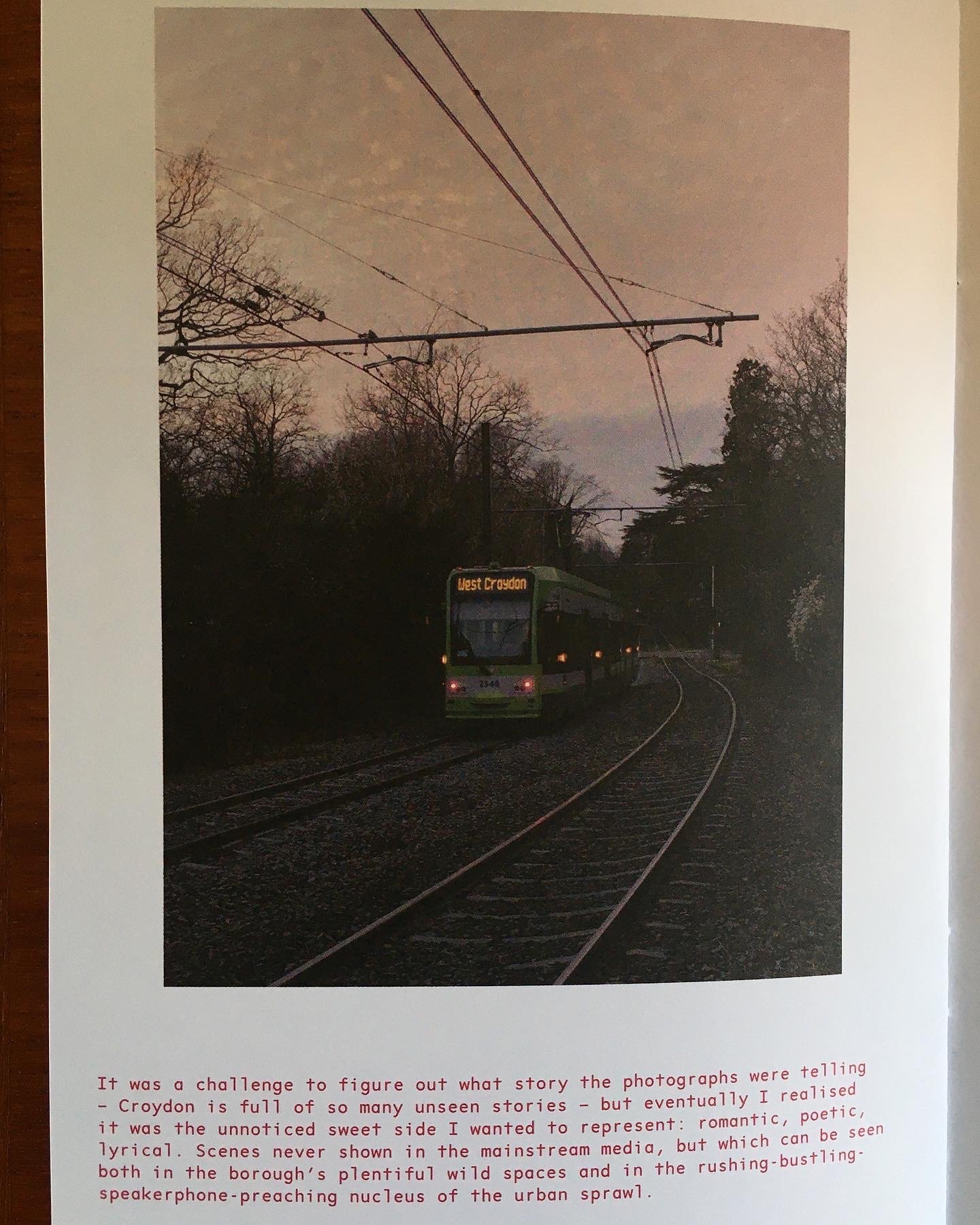
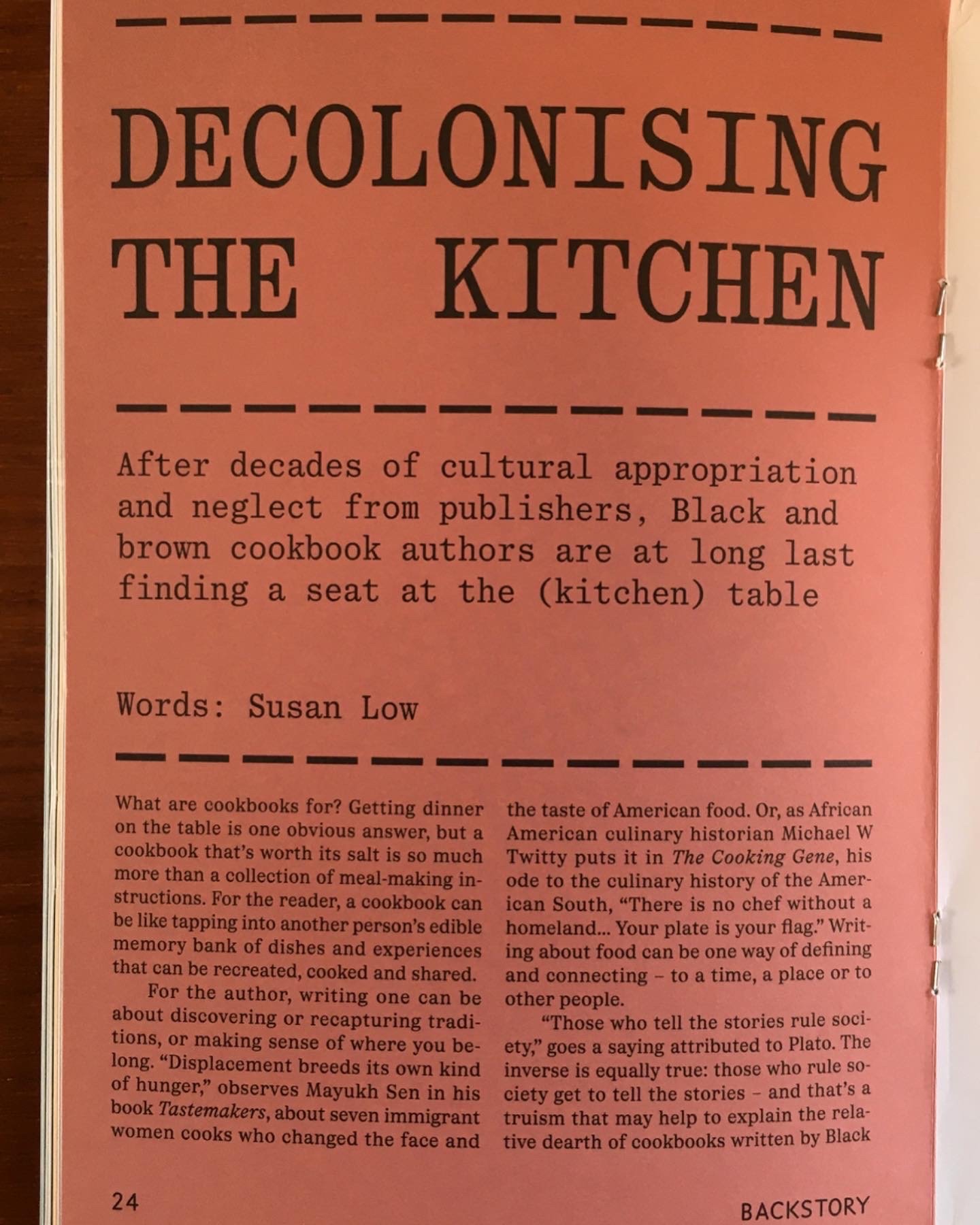
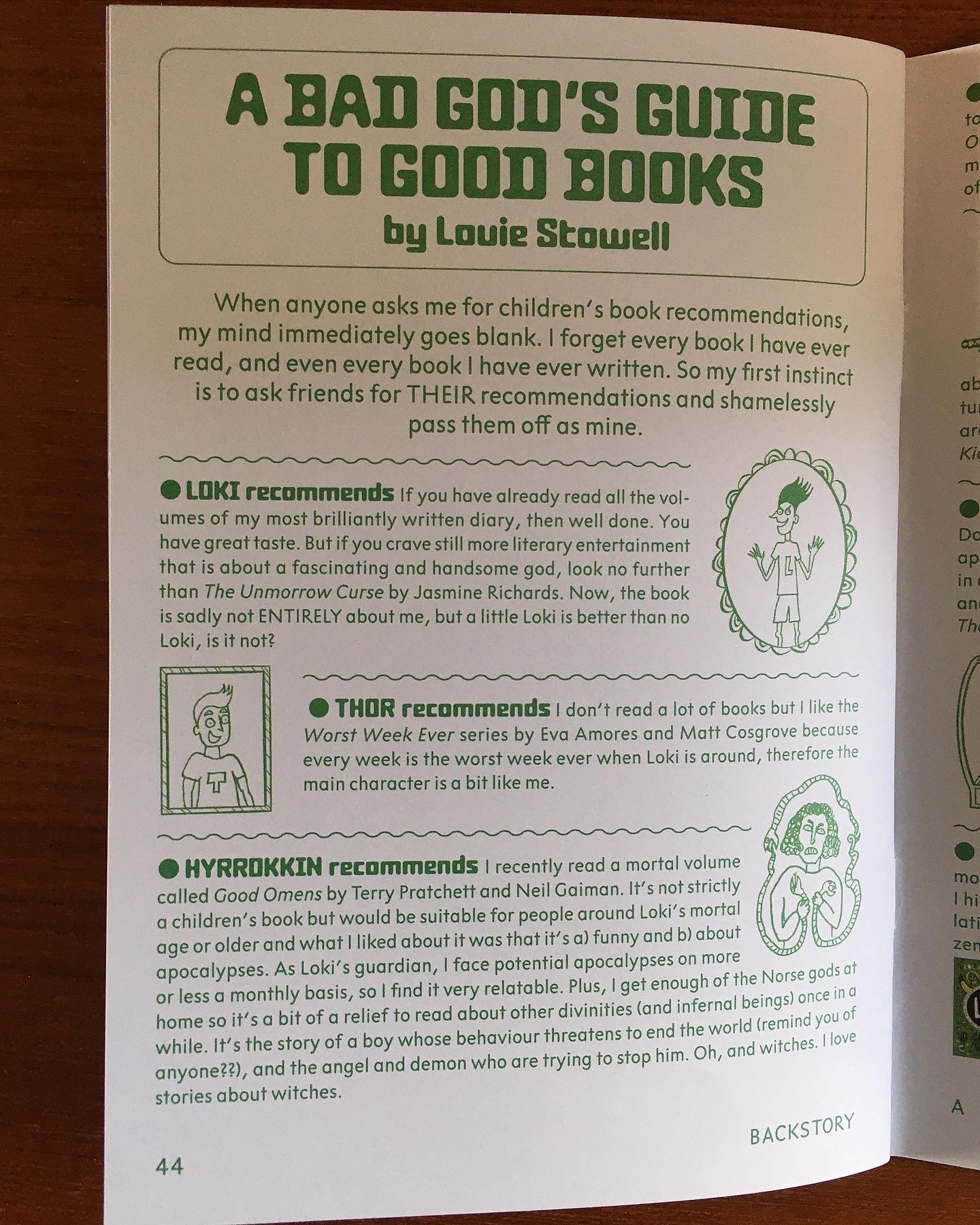
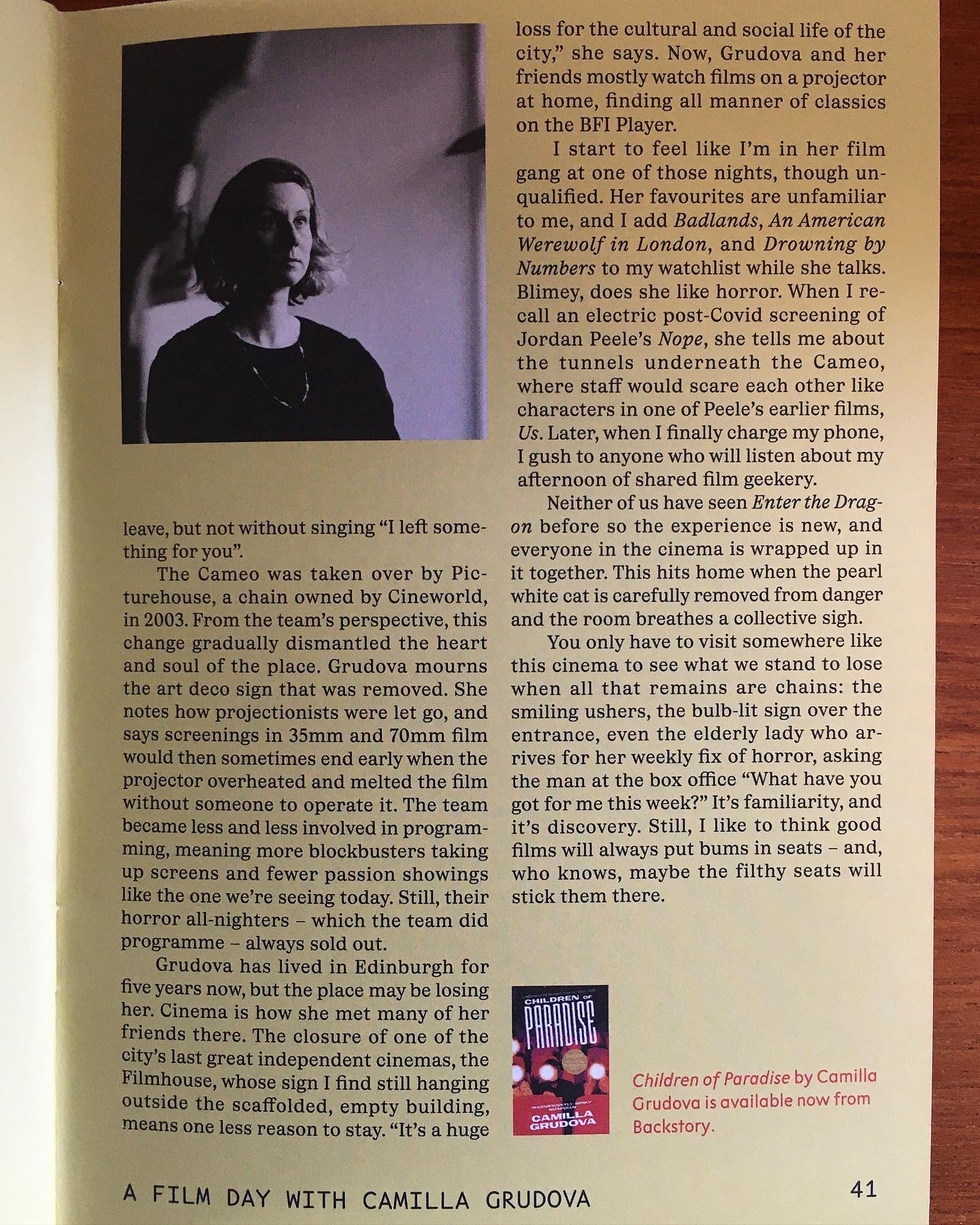
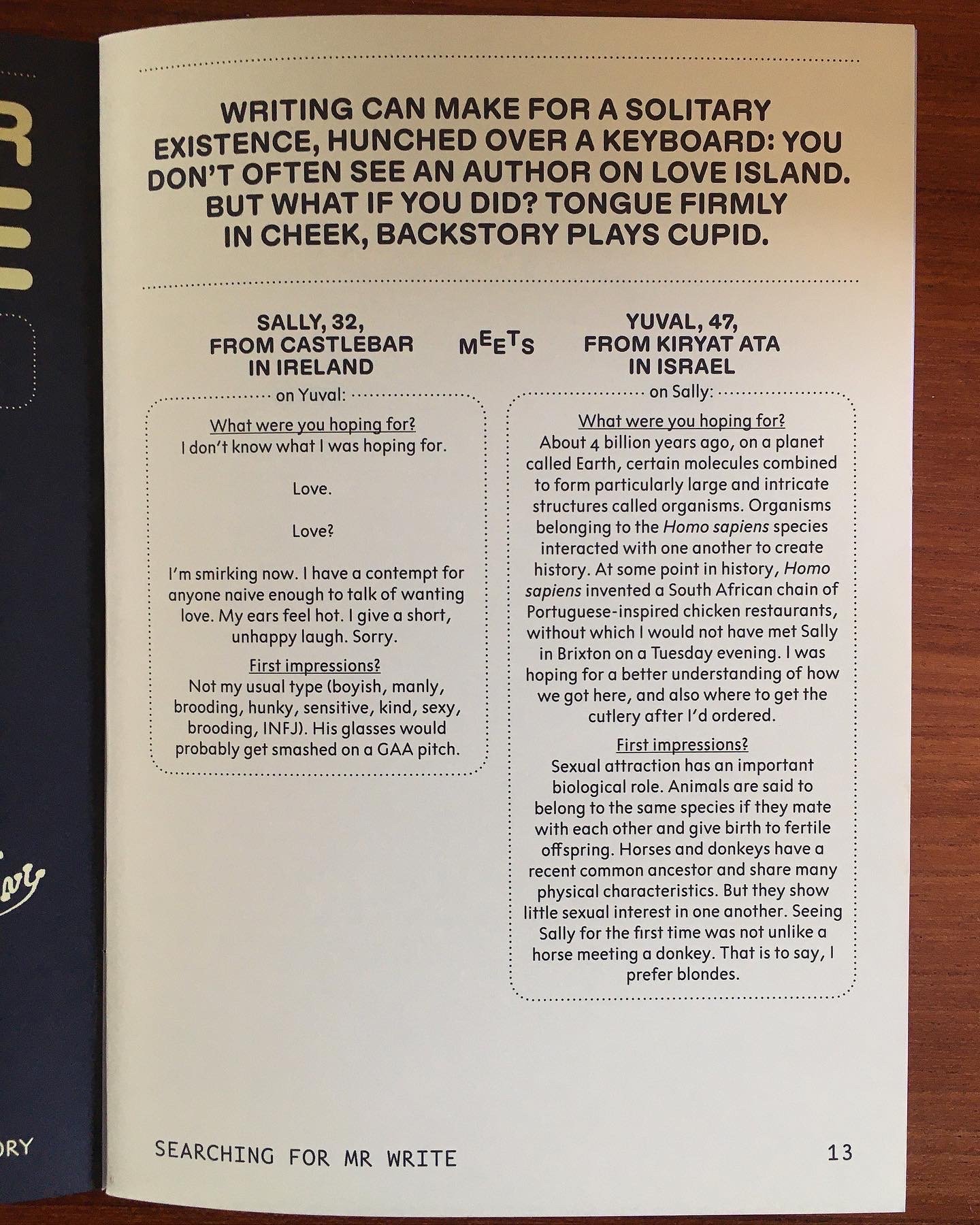
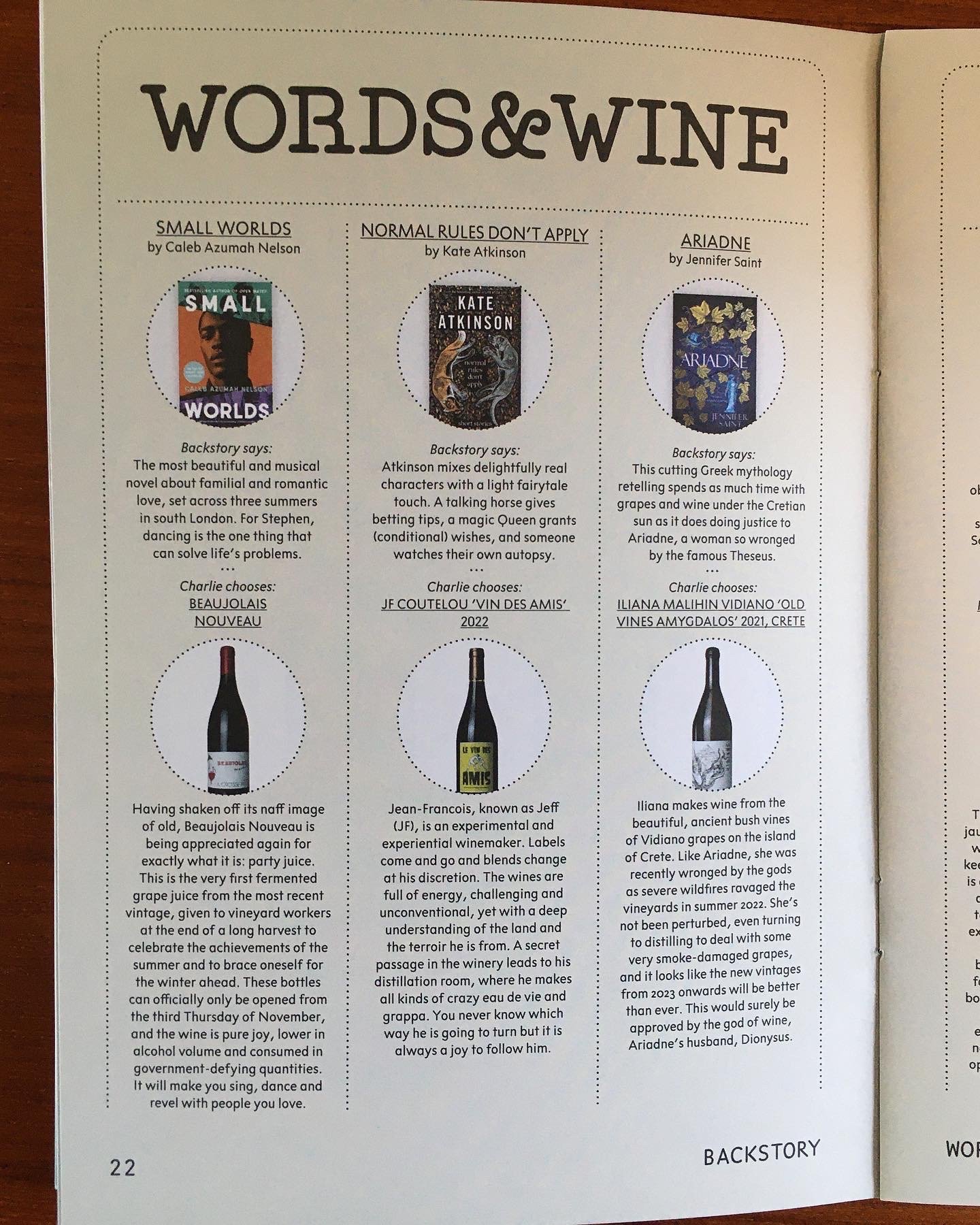
Backstory deputy editor Rory McNeill heads to Glasgow Film Theatre with Camilla Grudova to watch Enter the Dragon for the first time together. It's like we're all there. Grudova's Children of Paradise is a love letter to independent cinema, steeped in cult and classic film references" says McNeill.
Bob Franklin pairs up a handful of publishing luminaries for a little fantasy speed dating. For the cover story, Colin Walsh explains why Irish writers are having a moment. (Hint: it's in the infrastructure, not the water.) A few additions to my reading list after that one, including Kevin Curran's Youth.
Milk Teeth author Jessica Andrews ponders the objectification and degradation of women's bodies in the late 90s into early 2000s from a north-east of England perspective. Ameena Rojee reveals a "romantic, poetic, lyrical" side to Croydon in an all-too-brief photo essay that will leave you wanting more.
Nirvana Express author Mick Brown's opinion piece on publishers had me chuckling along. Katie Hale breaks down her revenue from her debut novel compared to her debut poetry collection and still leaves us wondering how most authors earn a living.
Tom Crewe, whose debut The New Life is set in the 1890s, rails against the term "historical fiction". He argues that "engagement with the past has the same effects as engagement with fiction: it should project us outside of ourselves, stretch our sense of possibility; it should be an empathetic as well as an intellectual experience…" 👏🏾
Amy Strong visits Clink Bakery at HMP Brixton, which supplies cookies and brownies to Backstory every week. And don't miss Cal Flyn's whimsical postcard from a cozy bookshop in Stromness, Orkney, which is open "approx. noon to 6pm (allegedly)".
All this nourishment and entertainment for just £2.95 (with a handwritten postcard, if you're lucky). The stuff that movements are built on. Congratulations to Tom and his team on the new venture, the origins of which you can read about on his Substack).
There's live music every Thursday from 6pm. See you down there, hopefully.
Right, I'm off to follow Melissa Thompson’s thyme-stuffed snapper recipe that's included.


